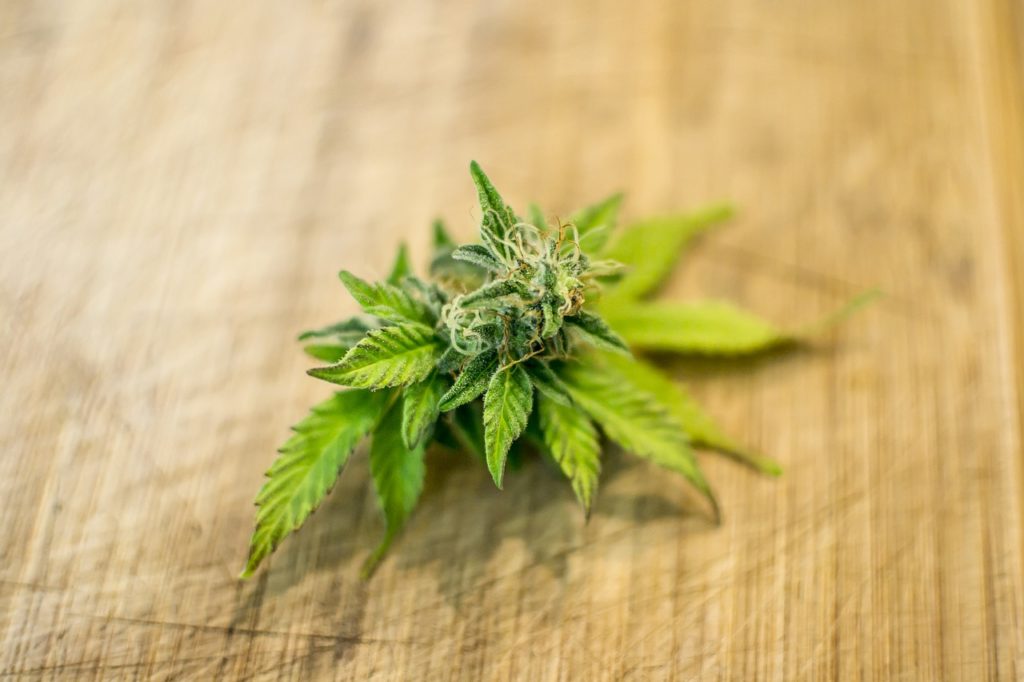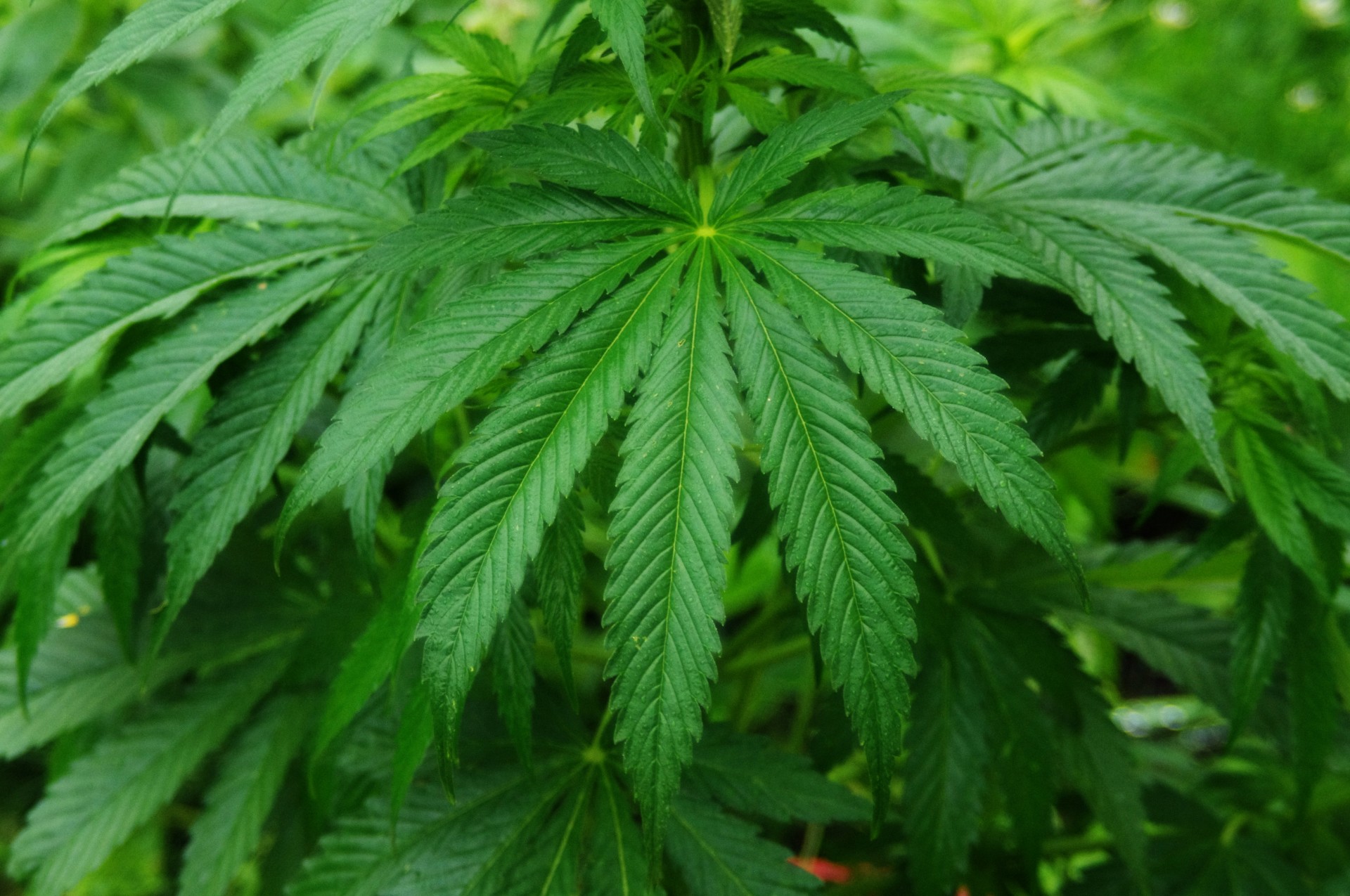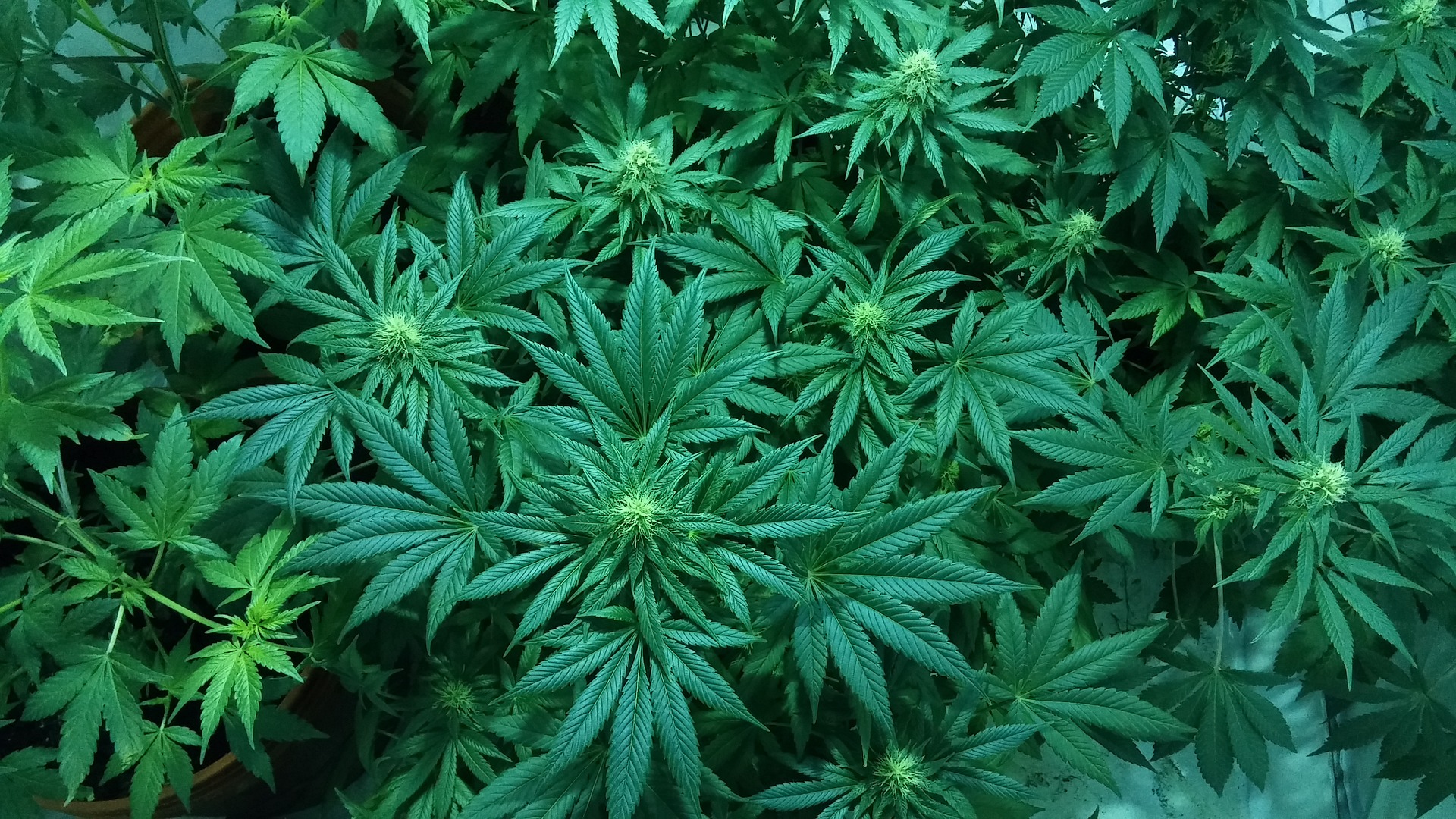With cannabis being legalized under federal law in Canada, and select states in the US, consumers are growing more curious about the drug and the variety of ways it can be consumed.
Despite the evident interest among consumers, trust and traceability of the drug is a concern for many, according to a report conducted by Culinary Visions. The study found that among 2000 consumers, less than half said they would trust the safety of cannabis cultivation for commercial purposes. It also found 42 percent of consumers find more comfort in purchasing cannabis from smaller grow-op facilities as opposed to a larger food corporation.
When it comes to shopping, brick-and-mortar stores could be the better alternative for the cannabis industry with half of the consumer base in the study feeling more comfortable purchasing cannabis products if they could speak to a sales associate. According to the study, only 29 percent of consumers would trust the quality of cannabis instilled products ordered online via shipment.
The Culinary Visions’ study further found that when it comes to consumers’ taste buds, 50 percent of people stated they would rather not be able to taste traces of cannabis in their food. Another 47 percent of consumers stated that the effects of the product are more important than the flavor.
Furthermore, baked goods take the lead as the most desirable cannabis-infused treat, with 48 percent of consumers picking it as their most popular choice, followed by candy or gummies with 45 percent of the vote, and non-alcoholic beverages with 41 percent. An additional 44 percent of people are interested in trying alternative snacks, but it looks like for now consumers favor sweet over savory when it comes to cannabis-infused food and beverage products.
But this isn’t the only consumer trend. According to Sharon Olson, the Executive Director of Culinary Visions, consumers are influenced by snacks that provide functional food benefits.
“One of the main consumer trend forecasts we’ve seen at Culinary Visions for 2019 is a desire for functional ingredients and foods. 73% of consumers surveyed say that they enjoy eating superfoods that serve specific functional purposes. Similarly, food and beverage products that have been made with cannabis ingredients are attractive to consumers because they are associated with wellness and health benefits.”
The findings in the Culinary Visions study also suggests that cannabis goes beyond the food retail industry. Olson states that over half of the participants in the study find interest in using cannabis for medical purposes. “Fifty-seven percent of the respondents in our new Cannabis Products study said they were interested in consuming cannabis-infused products for medical reasons. From cold-brew coffee to jams, the demand for cannabis-infused products is on the rise.”
Olson further states that when it comes to opportunity, once cannabis reaches the mainstream market it can go beyond recreational use, providing other benefits for larger consumer bases.
“Today, consumers are making product selections with a high set of expectations on the food they put on their plates. Can this snack also provide a powerful protein boost? Can this drink also deliver a healthy dose of antioxidants? It seems quite likely that consumers may start viewing cannabis-infused food and beverages in the same light for wellness benefits as products made with functional ingredients. Food and beverage manufacturers have an opportunity to experiment and innovate with better-for-you snacks and functional foods that satisfy consumers’ high ingredient expectations.”
As the legalization of cannabis continues to play out globally Olson says it’s the optimal time to track consumers preferences regarding cannabis products.
“We believe the global interest of consumers in functional ingredients and the cachet of adventure that has long been associated with cannabis is fueling this trend,” said Olson. “Some of the characteristics associated with product concepts that appealed to consumers were the same characteristics that appeal in gourmet retail and restaurant venues. Small batch production, knowledgeable staff, and great taste are examples of these attributes.”
Although marijuana consumption isn’t legal under federal law in the US, hemp has been removed as a controlled substance under the Agriculture Improvement Act of 2018, further increasing the buzz around cannabis in the food industry.












Join or login to leave a comment
JOIN LOGIN